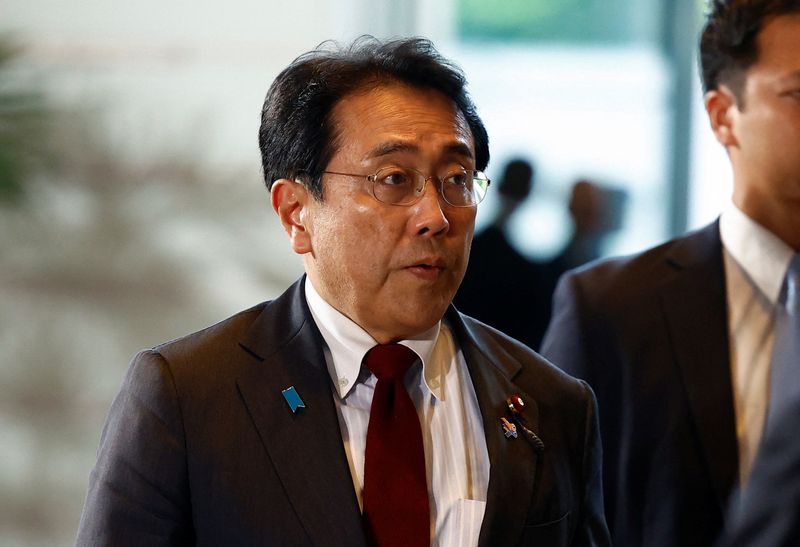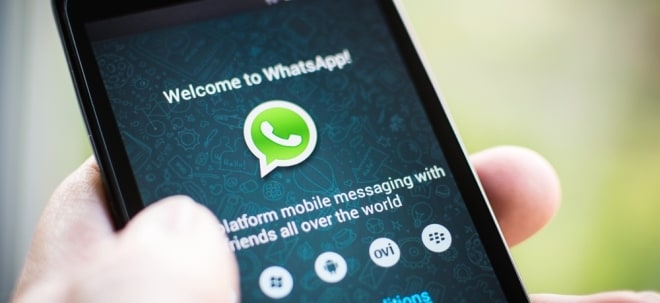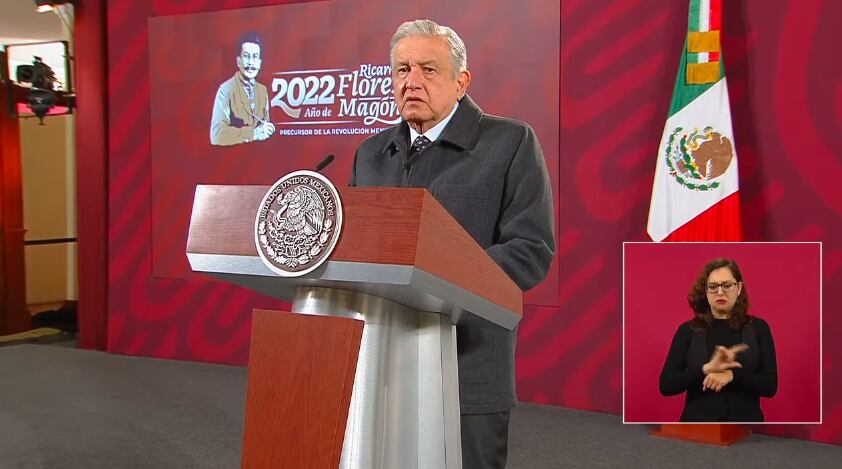Geolocation is one of the cutting-edge tools to avoid fraud
Banking and fraud prevention specialists participated in the webinar “Don’t get caught; protect yourself from fraud. ”
They recommend passwords that only make sense to us, call the bank from the app, and remove package labels, among other tips to stay protected.

Branded Content

“In the fraud prevention group there is no competition, we have a common enemy that is the fraudster”, is one of the reflections that were carried out as part of the Solutions Laboratory Webinar: “Don’t get caught ; protect yourself from fraud ”, presented by HSBC.
The panel was made up of Carlos González Fillad, Executive Director of Transactional Banking HSBC Mexico and Latin America; Rafael Valencia González, Coordinator of the Fraud Prevention Group of the Cards Committee of the Association of Banks of Mexico (ABM); David Herrerías, HSBC Mexico and Latin America Fraud Prevention Director and Luis Miguel González, Editorial General Director of El Economista , who served as moderator.
This event aimed to provide more information and confidence regarding how the banking system works.
In his first intervention, Rafael Valencia mentioned that he represents the Association of Banks of Mexico (ABM), specifically, as coordinator of the fraud prevention group and added that from that institution “we have no competence, We have a common enemy that is the fraudster, we invite experts to find out which are the best solutions available in the market. ”
He added that he had to see the evolution in payment methods and the introduction of the chip -in the cards-, for which Mexico made a large investment, even adapting the point of sale terminals and ATMs; In addition, the banks had to replace the cards, which served – at the time – to place our country at the forefront in terms of security.
Regarding the question “what Has it changed and what remains the same? The reception of messages has changed, “some customers do not show their willingness to change so as not to share information,” said the Coordinator of the Fraud Prevention Group of the ABM Cards Committee.
Regarding this question, David Herrerías mentioned that “with the pandemic, clients migrated to digital media”, which represents an infinity of challenges. He mentioned that there are “different methods that criminals use and we have to take care of them.” He put for example that criminals, in bank branches use false documents, while in electronic channels what they do is steal the information.
When questioning which of the devices a person has to carry out banking transactions is the most vulnerable, he stated that “the device is not vulnerable, we, the people, are vulnerable by not taking common sense measures.”
He gave as an example that a A very common mistake is passwords that use the date of birth, the name of a child or a favorite place, which we publish on the internet, for which he recommended that passwords should be “easy for us to guess, but difficult for fraudsters. ”, According to the Director of Fraud Prevention HSBC Mexico and Latin America.
In this sense, Carlos González, added that“ Mexico has one of the most advanced payment systems in the world, to the benefit users and businesses, this streamlines the transactional life “but in parallel” we must be aware of the care we must take.
He offered the data that 7 out of 10 companies have gone through this -a computer attack-, what awareness and training and prevention measures are very important to keep us safe, according to the Executive Director Transactional Banking HSBC Mexico and Latin America.
Regarding the question of “what is the most common fraud? ”, Rafael Valencia mentioned that the use of card data for electronic commerce, this because“ there are an infinity of places where the information could not be stored correctly ”.
David Herrerías warned that in the last 3 or 4 months the number of fraudulent calls has increased in which customers think they are talking about the bank, and criminals pretend to be from the control center, they use a script to deceive the customer, they inform them that their card is blocked and that they need to and provide them with information.
He added that, even, cybercriminals ask people not to reveal information, just type the numbers, which can currently be easy to recognize through sophisticated programs .
And Carlos González added that other of the most common activities currently used by criminals are the theft of credentials and compromising emails.
For this, he explained that criminals have the ability to spoof and forge emails in which a user can receive an email and criminals change the information to generate a payment.
He also took the opportunity to recommend that, in the case of fraudulent calls, the motto should be: “don’t talk to me, I’ll talk to you”, in addition to that “if it’s too good to be real, don’t believe it”, in addition to having the curiosity to check the identity of the person and “never share credentials with anyone, nor tokens, nor use public Wi-Fi. ”
Regarding who should educate customers to prevent fraud, if the bank, the government or the media, among others, the specialists agreed in which responsibility is shared, “the bank must constantly communicate, educating its customers”, “the person must also invest on their side to protect themselves.”
They also recommended blocking the card and / or put limits on it so that, even if the data is compromised, fraudsters have no way of using it. what Rafael Valencia affirmed that “an informed society is less vulnerable”, and added the effort made by institutions – such as banks – in talking about fraud in social networks, contact points, branches, parabuses, metro, account statements, message on mobile, to name a few.
Another important issue that was addressed d uring the webinar was that of biometrics and how they are used in Mexico, in this regard, Rafael himself mentioned that the implementation of fingerprints has served for banks to validate the identity of a person at the INE, to make sure that they really He is who he says he is. their devices.
He also clarified that there is a rule that limits the use of data for business purposes.
Another relevant issue that was addressed was that of geolocation, “what is it and what is it for?”, regarding which, Carlos González mentioned that “it is one of the avant-garde tools” to anticipate fraud, he explained that “when you sign up, the IPs are registered for locate the type of connection; if it detects that you are in another country, it serves to alert ”the bank.
Security recommendations
In conclusion, the panelists offered several recommendations such as: “if they call you -from the bank- better hang up”, especially if they request information personal, so it is important to call from the app or have the bank number written down.
Also that those who still receive their Statement of Account on paper, destroy it with a shredder or do so pieces, since it contains part of your personal information such as physical address and telephone number, which also appears on the labels of packages that are received via electronic commerce, and that must also be destroyed.
In addition, there are no urgent operations that cannot be verified or clarified by calling the bank.
And in the case of online banking or apps, it is very important to maintain updated programs, in addition to counting with malware and spyware detection programs, for example.
While at ATMs, we should not accept help from strangers, we must cover the PIN by hand, and in establishments we must not lose sight of our card.

Branded Content
Branded Content es la unidad de contenido comercial de El Economista que da valor a las marcas con contenido que vale la pena leer.
Note: This article have been indexed to our site. We do not claim ownership or copyright of any of the content above. To see the article at original source Click Here













